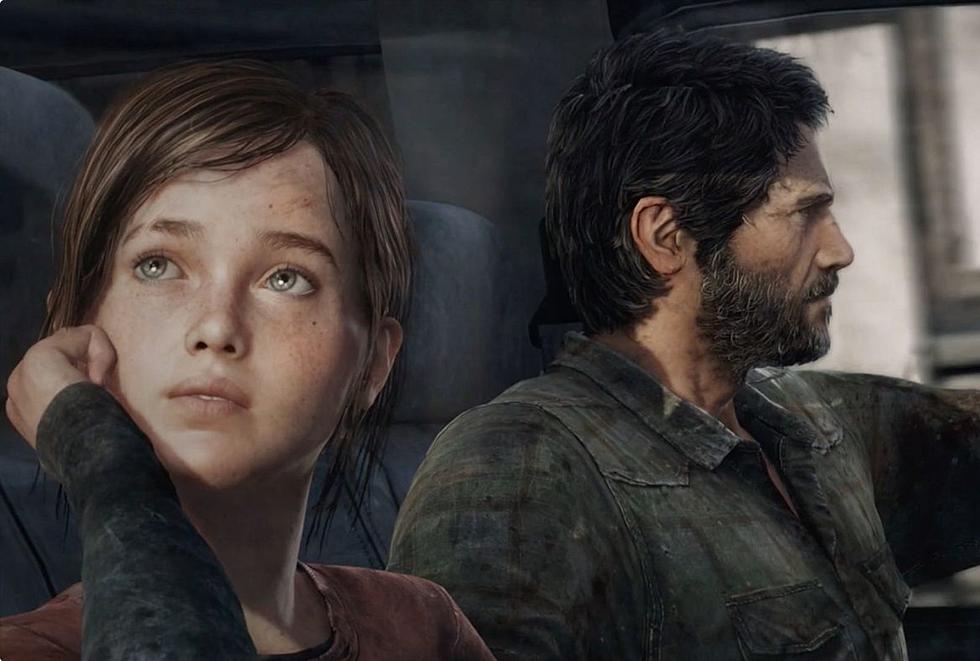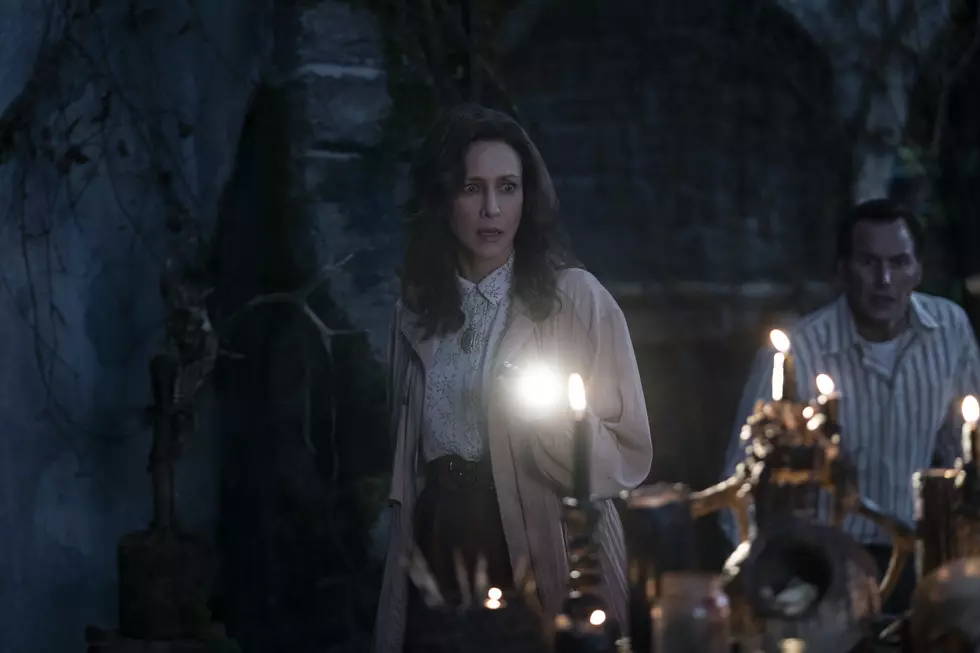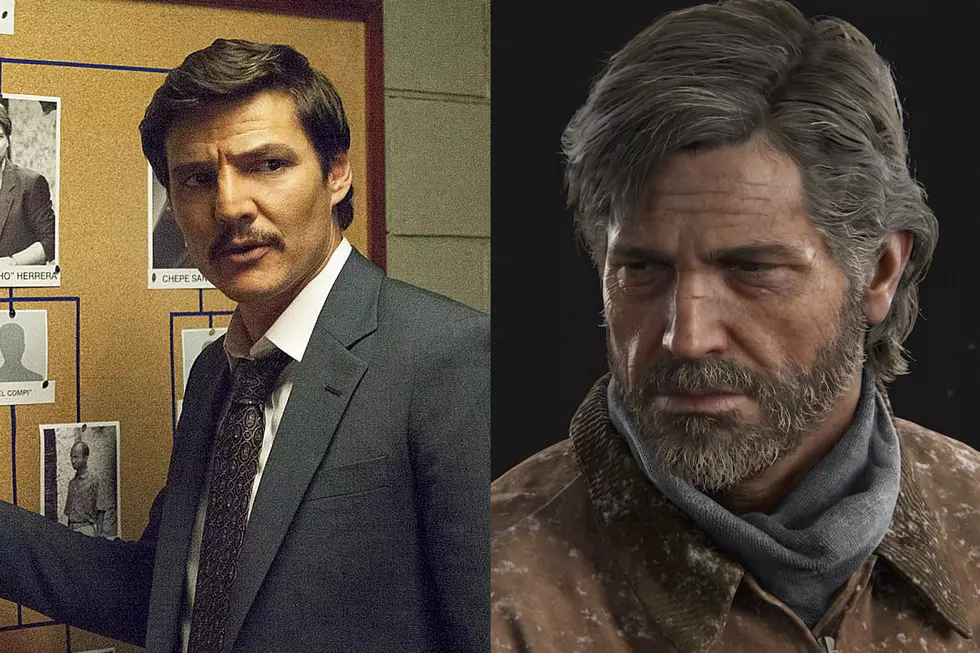
‘Fahrenheit 451’ Review: HBO’s Michael B. Jordan Adaptation Lacks the Fire of the Bradbury Classic
To adapt Fahrenheit 451 into a film seems like the punchline to a joke Ray Bradbury anticipated as soon as he published his book. In this future, films are one of the evils (along with comics and porn magazines) that weren’t banned when society began its downward spiral towards mindless complacency, letting the government run everything while they sat and stared at pictures projected onto their walls. It’s this kind of irony—Fahrenheit 451, a book about burning all the books in the world — that has turned Fahrenheit 451 into a cultural text. Ramin Bahrani’s version, for HBO, desperately tries to imbue the story with callbacks to modern politics and today’s technology, sacrificing in the process what makes Bradbury’s book so timeless and chilling.
The original Fahrenheit novel is very much a product of its time: Bradbury wrote it at the height of McCarthyism’s paranoia in 1953 when home television sets were new and the Cold War was well underway. So it makes sense, in a way, that Bahrani made every attempt to update his movie version for the Facebook era, replacing the humdrum “parlor wall” soap operas with Amazon Alexa surrogate “Yuxie,” and even throwing on a government-controlled internet, dubbed “The Nine.” News broadcasts are peppered with little flames and angry face emojis floating across the screen, clearly a reference to Facebook Live’s video reaction function.
Flannery O’Connor and John Steinbeck burn alongside Harry Potter. All of the characters take individually curated drug cocktails through eye droppers — a nice touch, given that everyone in this world spends their entire day and most of their night gazing at screens. That’s pretty much the extent of the movie’s minimal world-building. We really have no idea if this new society is better or worse for its citizens because Guy Montag (Michael B. Jordan) is the only citizen we ever spend any real time with.
When we first meet Montag, he’s a top officer in his city’s fire brigade, taking pleasure in the burning of “graffiti” (books), wiping away lawbreaking citizens’ access to the Nine and turning them into exiled personae non grata, or “Eels,” and playfully boxing with his superior officer and friend Beatty (Michael Shannon). There’s no real reason for him to start doubting the world he lives in, but since the plot needs to move forward he begins to question his reality after he meets Clarisse, an Eel who works as Beatty’s source, tipping him off to stashes of illegal books in the city. Clarisse, a little girl in the book who first plants the seed of doubt into Montag’s head, has been aged up, now played as a stock rebel-girl-love-interest by Sofia Boutella. This is not her fault, and she does fine with what little material the script gives her — all the actors, in fact, do fine, though all of them have been much better in better movies. The action here is dull, the dialogue is stilted, and whenever anyone flips through the pages of a book to read aloud, they always manage to find the bit with the most iconic lines.
There are a number of actors who have nothing really to do in the film. Both YouTube celebrity-turned-actress Lilly Singh and Keir Dullea — yes, Keir Dullea of 2001: A Space Odyssey — are in the dramatic opening credits, though you wouldn’t know it from watching the rest of the movie. Singh plays Raven, who follows the firemen to their book burnings in order to broadcast them live, which would have been interesting if Singh was given more than two lines. In the few hours since I’ve seen the movie at the Cannes Film Festival, I can’t remember if Dullea actually says anything. Its runtime lead me to believe that perhaps there was a longer cut of the movie (as it is now, Fahrenheit 451 is a tight hour and 40 minutes) or another version of the script that might have included more of these two. If not, why cast them?
There is some interesting race stuff introduced into the movie via Jordan’s blackness that adds a few more folds to his character and reminded me of John Boyega’s ex-Stormtrooper Finn in Star Wars. He works hard to please Beatty, his surrogate white father, after his real black father was taken from him in his childhood, and becomes Beatty’s agent of destruction; a black man tasked with destroying history so a totalitarian government can rewrite it. Richard Wright’s Native Son is name-dropped. But then that’s almost immediately negated by the single Asian character in the movie whose job as part of a tiny resistance is to memorize Chairman Mao’s Little Red Book of quotations. There is also a little more depth added to Beatty, whose pyromaniacal tendencies are complicated by his prior knowledge and fascination with books — he repeatedly and obsessively writes down famous literature quotes on rolling papers and sets them on fire. But this is just set dressing, and ultimately goes nowhere.
I’m not going to say that every book-to-film adaptation has to be rigorously faithful to every single beat. There are things movies can do that books can’t, and vice versa, and a little change is good sometimes. To draw a comparison to another science fiction movie from earlier in the year, Alex Garland’s Annihilation was barely anything like its source material, and yet both versions of the story reach strikingly similar conclusions. The problem with HBO’s Fahrenheit 451 is that it reads like a C-minus high school paper: it understands that the book burning is bad, but it doesn’t really get why. Because this Guy Montag doesn’t really get why, either.
Fahrenheit 451 airs on HBO on May 19.
More From Alt 101.7










